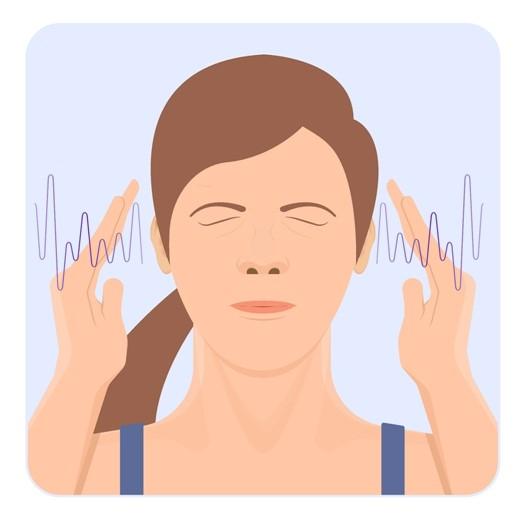Ear ringing is rarely associated with serious health problems. Most people experience a mild form that doesn’t require medical attention. However, when you perceive a constant sound in your ears, it can be very distressing. Consult a doctor if you experience any of the following:

- ear ringing becomes constant or recurring, and has last for some time
- ear ringing is getting worse
- ear ringing is very distracting, that interrupts sleep and mood
- ear ringing beats in time with the pulse
- ear ringing in one side only
- accompanied with other signs like pain, drainage from the ear, hearing loss, dizziness, headache, or difficulty in balancing.
Doctors will ask detailed questions about your ringing situation, such as when it occurred, whether it is intermittent or constant, what it sounds like, whether it is heard in one or both ears, how loud it is, situations that aggravate or relieve it, and any accompanying discomfort. They will then schedule checkups accordingly to help find the underlying problems. If necessary, they may also refer you to specialists such as an otologist, audiologist, or dental surgeon for further tests or treatments.
The sounds you hear may help your doctor identify a possible cause, so try your best to describe the nature of the sound clearly.
| Sound natures of ear ringing |
Possible causes |
| Clicking |
muscle contractions in or around the ear |
| Pulsing, flushing or humming heard when exercising or changing positions |
blood vessel problems such as hypertension |
| Low-pitched ringing |
ear canal blockages, Meniere's disease, ear bone stiffness |
| High-pitched ringing (most common) |
loud noise exposure, hearing loss or medications, may also tumor if in one side of the ear |
The experience of ear ringing is unique to each person, and no single treatment works for everyone. If an underlying cause is found, effective treatment can improve the symptoms. For example, earwax removal, curing an ear infection, or addressing a blood vessel problem can help. However, not all ear ringing can be reduced or eliminated, regardless of the cause.

For those without a known cause or in persistent cases, doctors will focus on lessening the noise or helping manage the symptom on a daily basis. It will take time to find the right ways to cope with the symptoms. Individuals may need to go through a process of trial and error, working with different professionals and trying various therapies, or combinations of therapies, over several sessions. Common therapies recommended by doctors include hearing aids, sound maskers, tinnitus retraining therapy (TRT), relaxation techniques, cognitive therapy, and sound therapy.
In many cases, ear ringing will get better gradually, either by disappearing on its own or by your body getting used to it.



